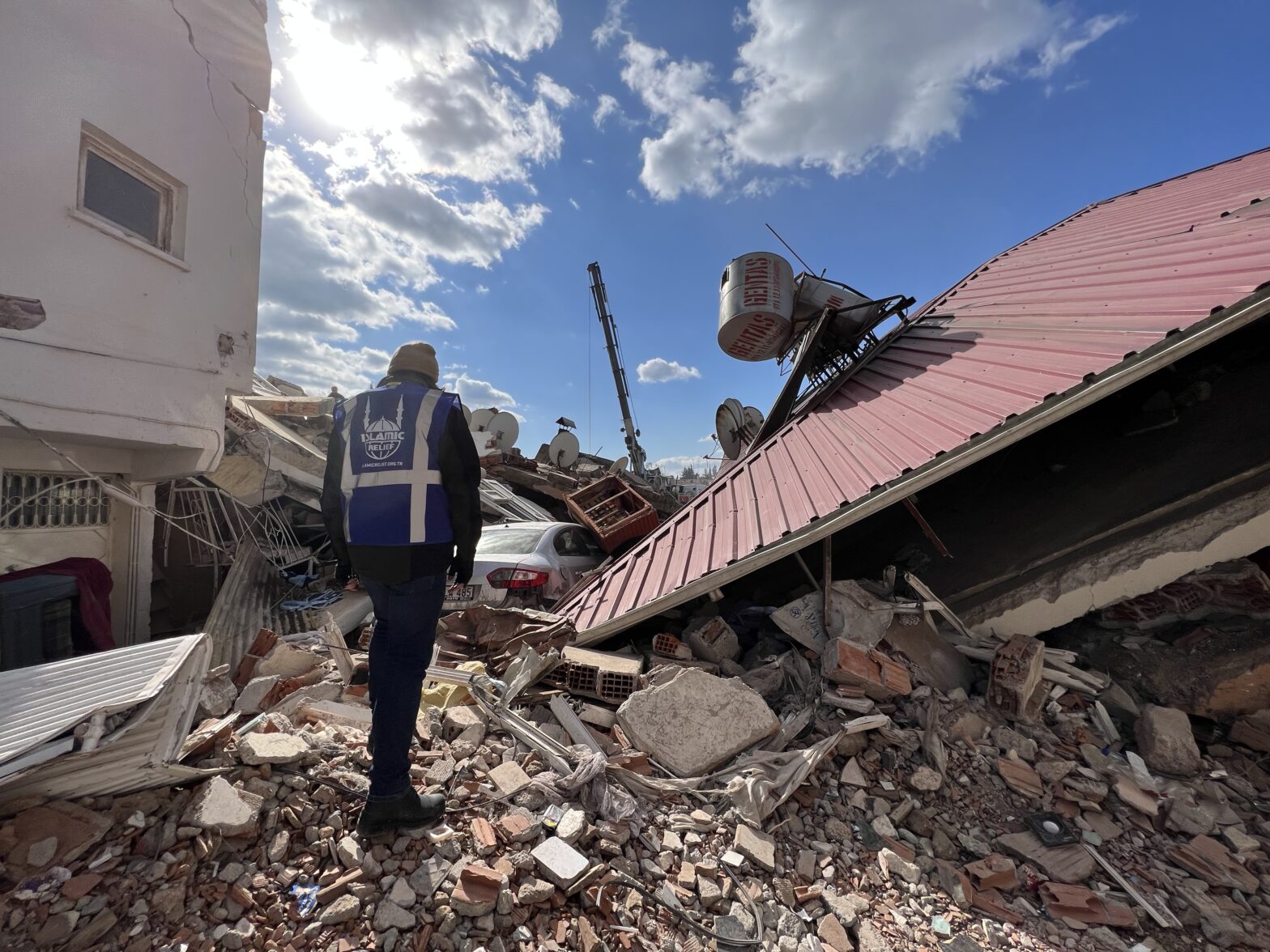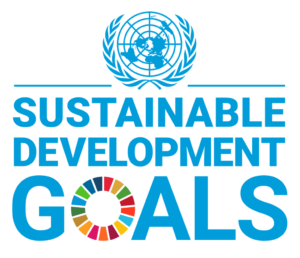
In the immediate aftermath of the Kahramanmaraş earthquake in February 2023, Islamic Relief’s Majdi Samaan travelled to the epicentre to talk to survivors and document their suffering. One year later, he reflects on his recent return to Gaziantep and the ongoing needs in Türkiye and Syria.
On the first anniversary of the Kahramanmaraş earthquake, the journey of the past year unfolds in my mind like a poignant tapestry of pain and resilience. It wasn’t just a tremor; it was a seismic event that transformed lives into chapters of suffering and perseverance.
The immediate aftermath
The impact of the earthquake rippled far beyond the borders of Kahramanmaraş, displacing millions and leaving communities in a state of devastation. Communities lost more than lives and property; they became a repository of tarnished memories etched into the collective consciousness.
In the immediate aftermath, I bore witness to the tragedy and destruction. Images of collapsed schools and ruined houses are not just distant stories; they are etched in my memory.
My initial days in Kahramanmaraş were spent wandering through streets filled with sorrow. When I went to Hatay, the scenes were of loss, of families who had left everything behind when they fled their homes.
Mourners emerged from homes, and the smell of death permeated the air. The cemeteries expanded daily to accommodate dozens of bodies, and the grief and pain were not confined to moments of death alone. Aftershocks continued, instilling fear, and even after a year, I still have nightmares about this.
Resilience in the face of adversity
Aid, including from Islamic Relief, arrived, and basic services gradually began to return. Life started to regain some vibrancy, but the realisation set in that the recovery process would be slow and require immense patience. Even after a year, significant impacts persist, with families still separated and affected areas yet to return to normalcy.
As time unfolds, resilience emerges as a silent force. Returning to the area as part of my work with Islamic Relief, I witness new structures rising from the rubble like symbols of hope. Walking down a street once marked by destruction, I see a story of transformation and reconstruction.
Amid the remnants of sorrow, I see people beginning to return home, and smiles, though hesitant, creep onto their faces, a testament to the human spirit’s resilience. Solidarity and determination arise in the face of the toughest trials. Life continues, and hope is reignited, even in the aftermath of such a cataclysmic event.
An indelible impact
Still, the disaster has left indelible psychological and economic imprints on the affected communities. On this poignant anniversary, I am reminded that the road to recovery remains long.
It is painful to see the faces of people who have bravely accepted their losses. So many families faced immense loss, leaving behind an irreplaceable void that words cannot adequately express.
In the face of these extremely challenging moments, people endeavour to rebuild their lives. The memory of lost loved ones remains eternal in the hearts of survivors, shaping hope despite losing a substantial part of their lives.
Water, electricity, and infrastructure shortages in Syria add new layers of difficulty to people’s lives, reflecting the extent of despair and the urgent need for shelter and protection. Displaced people and refugees in particular are in dire need of safe and dignified homes.
Re-affirming our commitment to affected communities
Islamic Relief continues to offer our unwavering support to the affected families. Their stories inspire us to persist, urging supporters to stand by their side in this ongoing journey of recovery. This situation reminds us of the importance of human rights and dignity for all. Preserving human life, safety, and dignity are the ultimate goals.
As I conclude this personal reflection on the first anniversary of the Kahramanmaraş earthquake, I carry with me the stories of pain, resilience, and the ongoing pursuit of hope. The journey from tragedy to triumph continues, and our collective commitment remains vital in rebuilding lives and communities.




